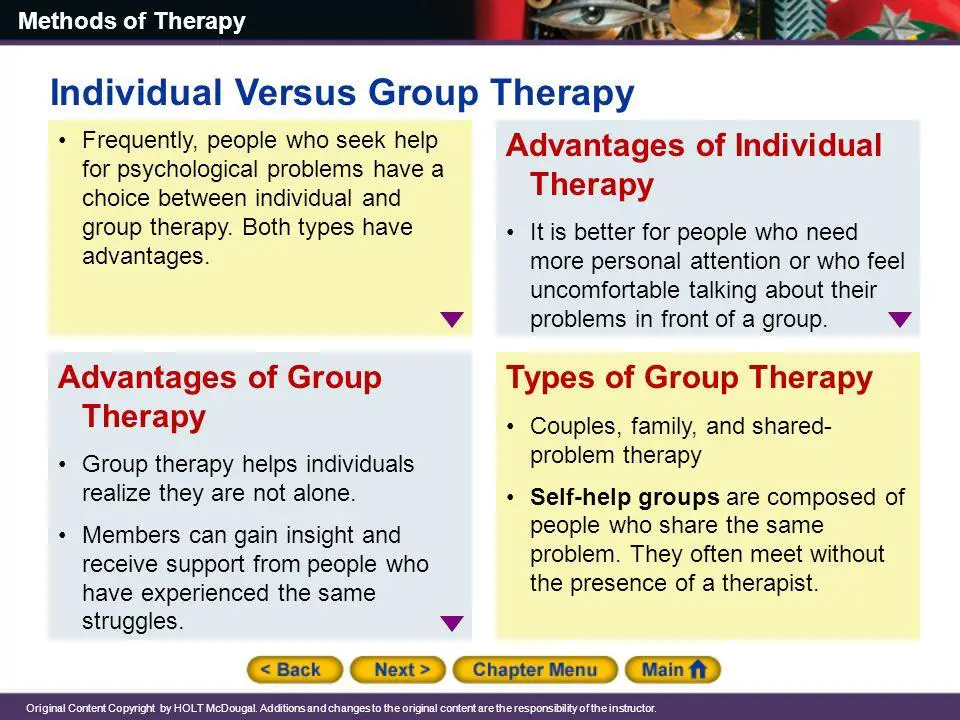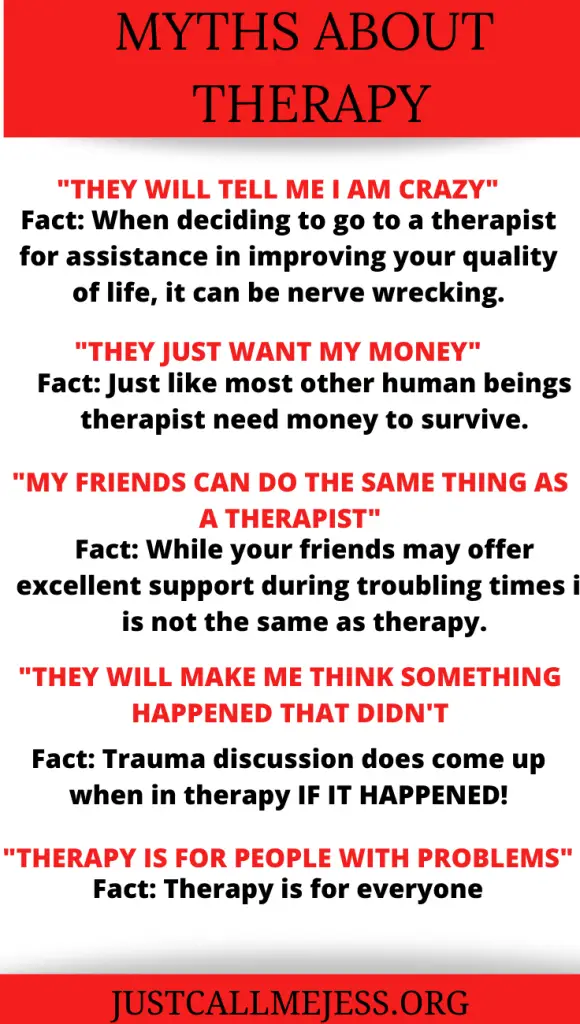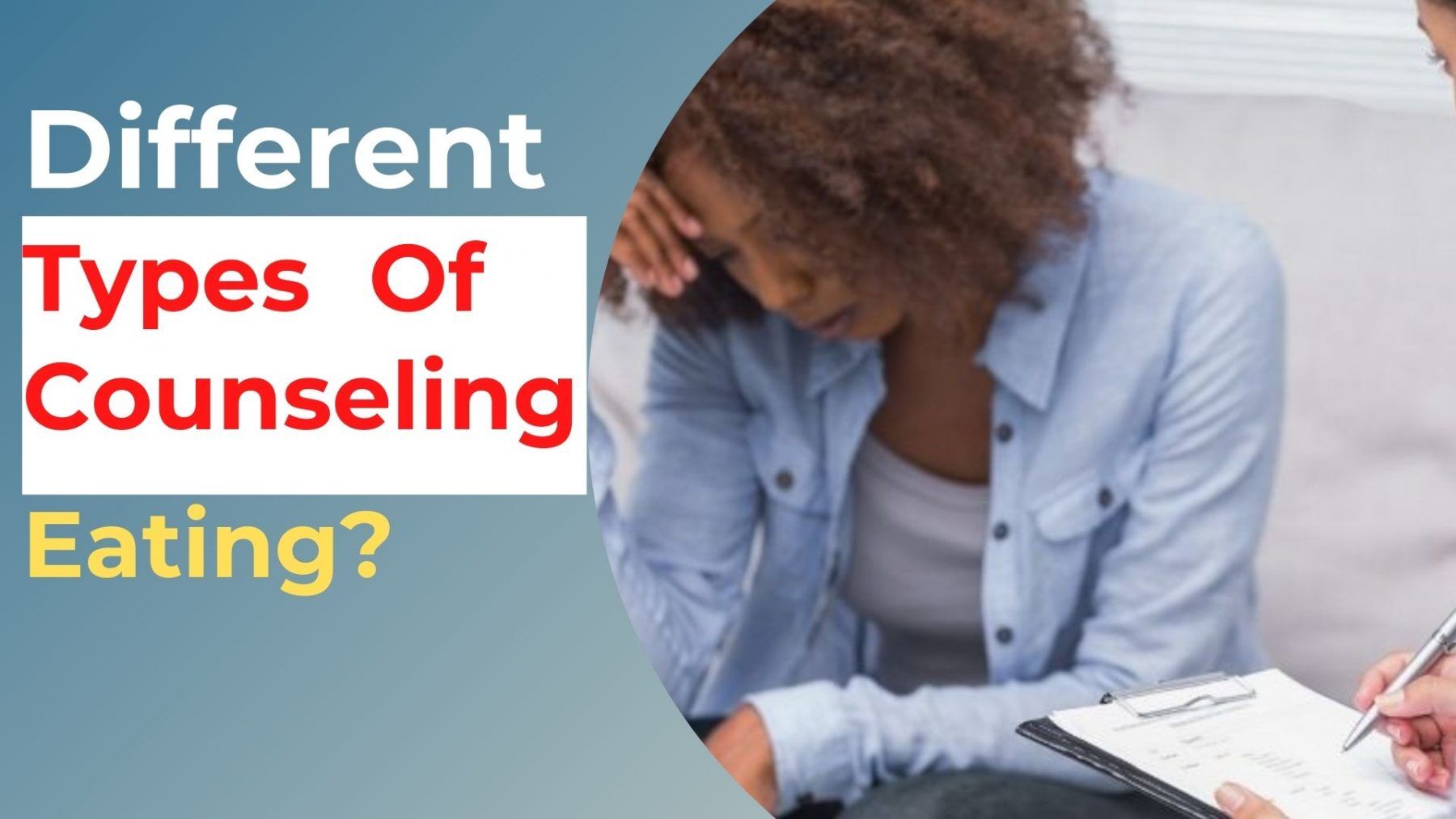Is counseling for you?
It might be, if your life is in turmoil and not going the way that you would like it to.
There are types of counseling that can help with just about any problem, from addiction to grief.
Because people express a range of mental and emotional needs for counseling, there is a range of different types of counseling to choose from.
Below, we’ll look at counseling itself and some of the most common types of counseling.
What Is Counseling and Why Would I Want It?

Counseling is a broad term used to describe the combined effort of both client and counselor.
Together, the client and counselor identify issues that cause emotional or mental turbulence and potential solutions to these problems.
They also establish goals for the counseling sessions together.
Benefits of Counseling
Counseling can help people heal from grief, gain more skills in a certain area, and manage their emotions.
It also helps them learn to better cope with problems that stress may have caused.
Depending on the types of counseling they choose people will see different benefits such as:
- increased self-knowledge
- improved relationships with others
- decreased anxiety levels
- reduction in binge eating
What Kinds Of Counseling Are There?
Generally speaking there are two kinds of counseling:
- Individual
- Group

A person who is looking into types of counseling might try out individual therapy so that they are matched up one-on-one with a counselor.
At Eating Enlightenment we are an individual kind of counseling (and coaching!)
Or, group therapy lets clients meet up once per week or month where everyone shares experiences either privately together or by taking turns speaking in front of the group.
Individual Counseling: One-on-one therapy sessions allow you to work one on one with your counselor. Then they can help pinpoint an issue and give a personalized solution.
This type is helpful if you are looking for more personal guidance for a specific problem such as depression, anxiety or relationship issues.
The downside is that there isn’t another person’s perspective to offer feedback from which might be different than yours.
Group Therapy: Sharing experiences with other people who are experiencing similar types of problems. This allows clients to feel less alone when going through these types of life difficulties.
It also helps them learn how others have dealt with their own struggles and what certain coping strategies worked well for them to manage their emotions.
Types Of Counseling
There are many different types of counseling. Below you’ll see types of counseling that represent a broad range.
Family Counseling
The main purpose of family counseling is to address and resolve issues within the family. This method of counseling is structured to develop and maintain a healthy and functional family for each of its members.
Family counseling may address emotional, behavioral, or psychological obstacles in the family. Two main focuses within this type of counseling include:
- Strengthening communication among family members
- Establishing healthy and necessary boundaries.
Rehabilitation Counseling
Rehabilitation counselors help their clients work on physical or emotional disabilities or disorders. Rehabilitating through counseling can help clients live more independent and stable lives.
A few different types of rehabilitation counseling include:
- Recovery and rehabilitation from drug and alcohol use
- Eating disorder rehabilitation
- Speech rehabilitation
- Occupational rehabilitation
- Physical rehabilitation
Each type of rehab counseling offers different approaches and exercises to achieve goals set by the client and counselor.
Grief Counseling
Grief counseling helps clients process the emotional and mental tolls of a loss. Loss of a loved one, relationship, occupation, and autonomy are just a few examples of experiences that may induce grief.
Dealing with sorrow from a loss is different for everybody. Still, there are some consistent signs that it’s time to seek grief counseling.
Regardless of whether you’re in physical, emotional, or psychological distress, seeking a licensed counselor may help.
How Does One Find A Counselor They Can Connect With
Whatever the reason you’re seeking counseling, give yourself grace and credit for enlisting and accepting help.
But how do you actually find a counselor work and connect with?
Here are some steps to take:
- Talk with your friends and family. They might know of a counselor they’ve had good experiences with that you could try out
- Search on the internet for types of counselors in your geographical area
- Look up therapists who specialize in what it is you need (i,e., infertility counseling) or illnesses/health issues (i.e., depression). Then you can find someone who focuses solely on those types of problems
- Ask around at work. If there has been anyone they have sought professional help from before who may be able to recommend somebody else near them
Tips For Choosing A Counselor That Is Right For You
- List some types of counseling you want to try, such as marriage or family therapy
- Search for therapists that have experience in the types of therapies you are looking for. For instance: if someone is seeking a therapist who has experience with chronic pain management, it would be smart to search for those types of professionals
- Check out their website and see what they specialize in first. Then you can setup an initial consultation call so that you know exactly what types of problems they address
If you want to choose a counselor who is great for you then you need to pay attention to what types of problems you want them to help with.
This will narrow down your search and give you a better chance at finding the right person.
Common Myths About Counseling Debunked

Many people think all sorts of crazy things about counseling.
Let’s take a look at some of these myths and debunk them!
Myth: Counseling is for people with psychological problems, and I don’t have any of those!
It’s a common myth that counseling is for people who are struggling with their mental health.
In fact it can be very helpful to anyone looking to improve themselves in some way. Or just having someone there they can talk through what’s bothering them without judgement.
Counselors are trained professionals. They help you find solutions by exploring various types of thought patterns and ways of coping.
This includes both people with issues that need clinical help as well as individuals seeking more generalized support.
Myth: You need a doctor to prescribe medication before you see a counselor?
You may think this because the vast majority of counselors work in the mental health field.
But, a lot of types of counseling are available and some don’t need medication or diagnosis for you to be eligible for their services.
Myth: Counseling is just psychological?
Some types of counseling only address how we think about ourselves. This may include our thoughts on life in general as well. Or those events that have hurt us along the way (e.g., death, divorce).
Others focus specifically on emotional issues such as:
- depression
- anxiety disorders
- eating disorders
- trauma-related symptoms etc.
Still others offer guidance with making lifestyle changes like weight loss strategies. Or coping skills for disabilities/illnesses not related to mental health.
Myth: You need insurance?
Insurance can cover types of counseling such as psychotherapy and supportive therapy but not all types.
Myth: Counseling is expensive?
Counselors typically charge on a sliding scale. This means that they offer their services based on what you can afford to pay for them.
This means the cost will be affordable no matter how much money you make or don’t have in your savings account.
Even if you do find a counselor who is expensive, you can surely find others who will do the sliding scale.
Myth: Counseling doesn’t work?
There are many types of counseling out there with proven track records of success including:
- Cognitive Behavior Therapy (CBT)
- Dialectical Behavioral Therapy (DBT) which includes mindfulness practices like meditation
- Interpersonal Psychotherapy
- Mindfulness-based cognitive therapy
Final Thoughts
We hope that this article has helped you understand the basics of what is counseling and why it can be beneficial to your mental health.
There are a lot more things in life worth living for than always feeling happy or getting the perfect job!
And if all else fails there’s still talking to someone who will listen without judgement which could really help ease the burden.




My sister wants to find a counselor for her mental health. It is good to know your suggestion to get referrals from friends or family of good counselors. I'll pass this along to my sister so she can find a great mental health counselor.
Hi Charlotte, thanks for reaching out and I’d be happy to try and make a referral. One thing first which I feel is important because mental health is such a broad field… Is she struggling with anxiety, depression, food, some combination of anxiety/depression, etc … bi-polar, lack of assertiveness, etc …
I do believe in finding specialists so that’s why I ask, thanks again for reaching out
I’ve been trying to figure out how to find a good therapist to help with some problems that I’ve noticed in regards to my mental health. I really appreciate your suggestion to pay attention to what kinds of problems you want their help with because that will narrow down your search. I’ll keep this in mind during my search and start really focusing on what my needs are so that I can start finding some good potential therapists to call.
Thanks for your kind comment Olivia, glad this post could be of some benefit!
It really helped when you mentioned that it is important to have someone by your side. My best friend mentioned to me last night about having mental health consultation because of emotional distress and asked if I have any idea what is the best option to do. Thanks to this informative article and I’ll be sure to tell him that it will be much better if he consults a trusted mental health counselor as they can answer all his inquiries and will provide proper treatment.
Great to hear John! Thank you for sharing and best wishes your friend
I am most captivated by your statement that family counseling is able to manage emotional, behavioral, or psychological struggles your family is facing. My friend and his husband keep on fighting because of family conflicts. I think they should see a psychologist for family counseling.
Family therapy is a huge branch of therapy and sounds like a good idea! However as the saying goes, you can lead a horse to water but you can’t make it drink. You can tell, advise, share and explain to your friend about therapy, but unless they are ready themselves, you can’t make them go.
I appreciate that you explained the importance of counseling for people who can't express their feelings and emotions. I have a cousin who wants to have counseling for his family to improve communication in each one of them and asked if I have any idea what is the best option to do. Thanks to this helpful article, I'll be sure to tell him that it will be much better if they consult a trusted counseling service in town as they can help him with his concerns.
Thanks so much! Great to hear, thank you
I appreciate you noting that family counseling improves family communication. My buddy and her mother have a very heated argument. I'll suggest to her that she seek out counseling services so they can give her advice.
Absolutely! Glad to hear
I like the way you clarified the value of counselling for those who find it difficult to communicate their feelings. I'm glad you mentioned that family counselling enhances intergenerational dialogue.
Thanks Bayside Counseling, I appreciate your feedback and agree. If someone struggles to communicate their feelings, especially with family members of different generations, finding ways to dialogue, possibly via counseling are a great idea!
I love that you talked that the emotional and mental needs would be tackled during your mental health counseling. My best friend mentioned to me last night about having mental health consultation because of emotional distress due to past traumas. He asked if I had any idea what would be the best option to consider. Thanks to this informative article, I'll tell him it will be much better if he consults a trusted mental health counselor as they can provide proper treatment.
Hi Steve, thanks for sharing your story. Finding a trusted mental health counselor for proper treatment is important. Highly suggest people look to a variety of sources for emotional distress